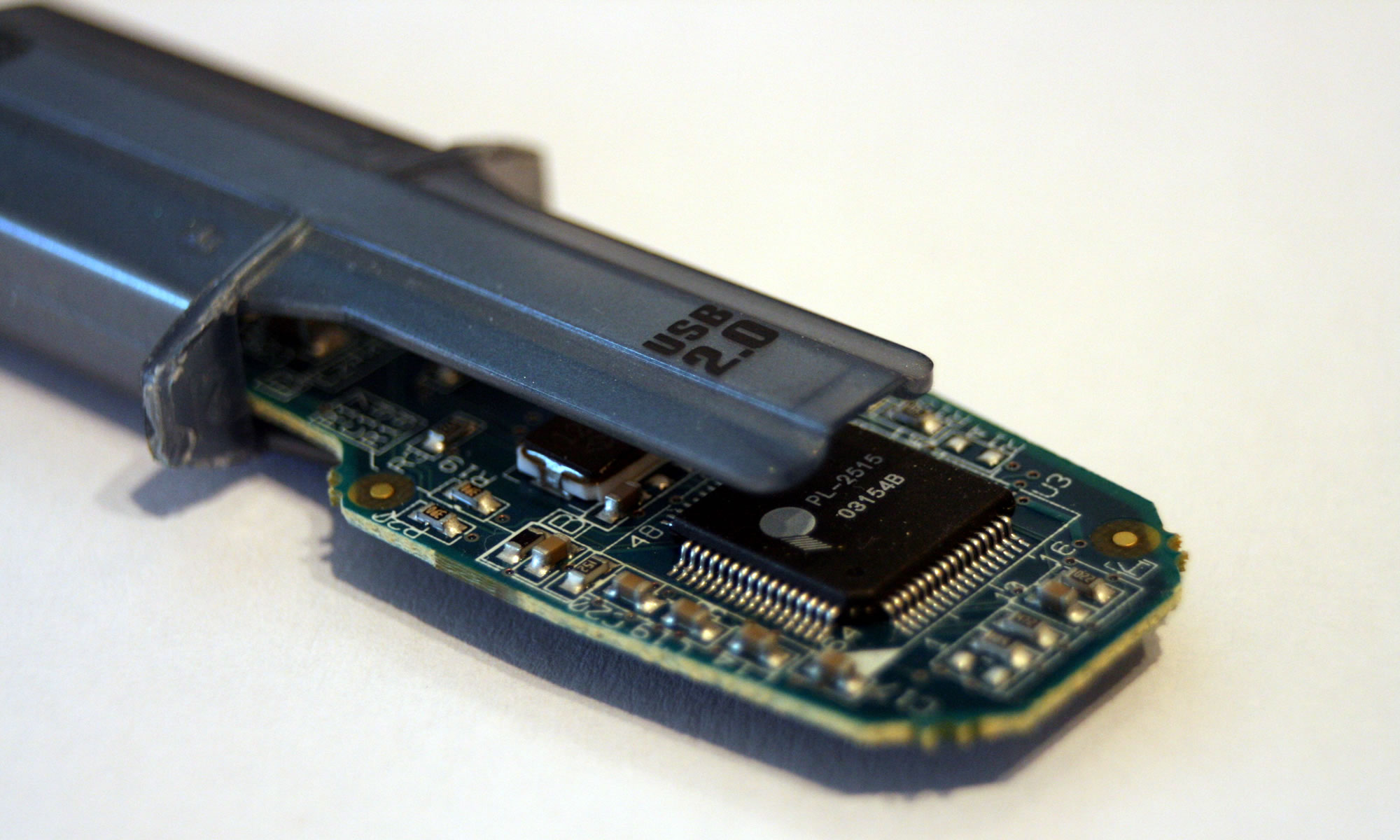Oh I don’t know sometimes you wonder if companies realise that you might actually want to buy something… you know pay out money for goods!
Having got an iPhone 3GS and purchased the TomTom Application from the iTunes Store I was looking at ways in which I could mount the iPhone in the car.
The obvious choice appeared to be the TomTom Car Kit for the iPhone.

The TomTom app on your iPhone 3GS or iPhone 3G puts award-winning technology at your fingertips, like IQ Routes which gives you the smartest, most efficient route any time of day. That’s just the beginning. Combine it with the TomTom Car Kit to experience enhanced GPS performance for the ultimate in-car navigation.
- TomTom Car Kit features
- Secure docking
- Enhanced GPS performance
- Clear voice instructions
- Easy charging
- Hands-free calling
- Your music on the move
Now I know that I could buy a £15 generic phone holder from Tesco, however the extra features did seem to make the £99 seem like quite good value for money. Enhanced GPS performance is always welcome, I remember having lots of problems with GPS reception with an Acer PDA running Co-Pilot. Hands-free calling would be useful and the FM transmitter was something I had been considering buying for sometime. As it says
The Car Kit dock is compatible with all iPhone models…
This meant that I could use my main iPod in the car when I wasn’t using the iPhone, and listen to podcasts and music through the radio.
Seemed like a good idea, so where could I buy it from.
I initially checked the Apple Store and was disappointed to see that though it was going to be released on the 5th November, it was going to take 4-6 weeks for shipping, which in Apple speak means seven or eight weeks! So I checked Amazon and was pleased to see that they could ship within 24 hours of release.
Yay!
I placed my order on the 26th October
I waited.
Amazon sent me an e-mail on the 6th November, which said that they now couldn’t deliver on time and also couldn’t give me a revised shipping date.
On the 9th November I got another e-mail from Amazon, cancelling my order…
Hmmm.
Well that didn’t work out did it.
So with a little reluctance I went back to the Apple Store and though it was still saying 4-6 weeks shipping, I placed my order with them on the 13th November. The confirmation e-mail gave me a delivery date of the 28th December! Just over six weeks.
You can imagine my surprise (and a little delight) when on the 20th November, just one week later, I got an e-mail from Apple saying that my order had shipped.
So not 4-6 weeks, under two!
Once I have it, I will let you know how I get on.






